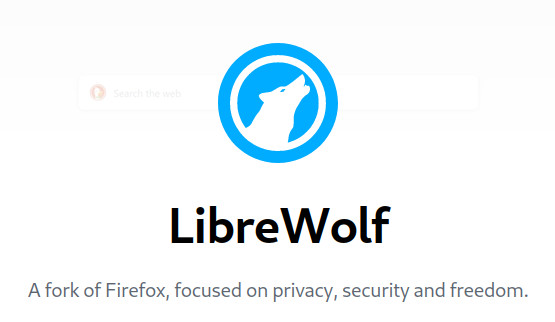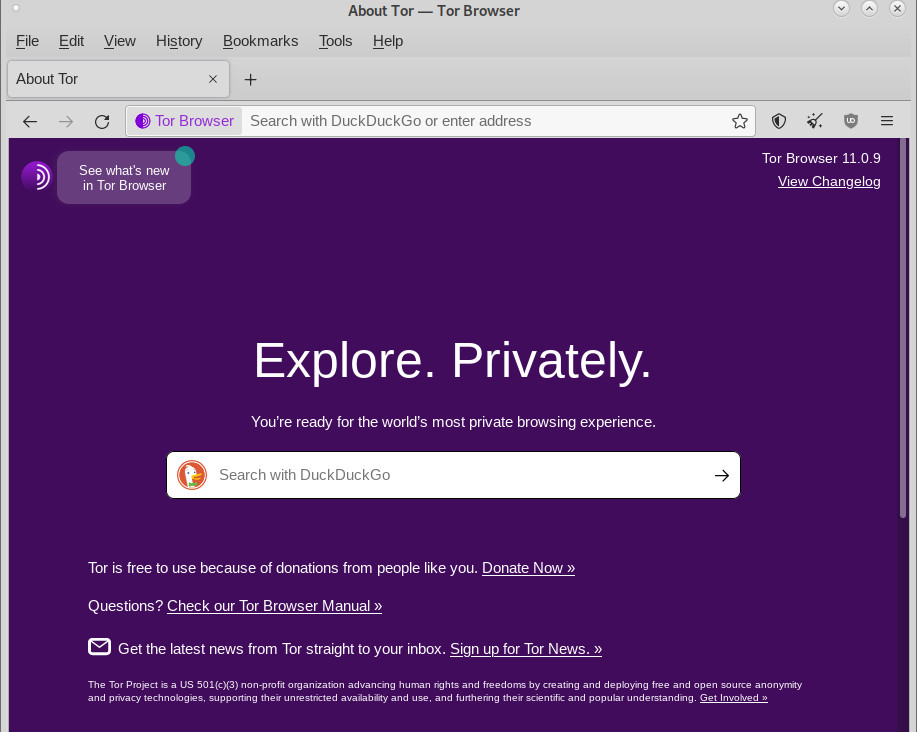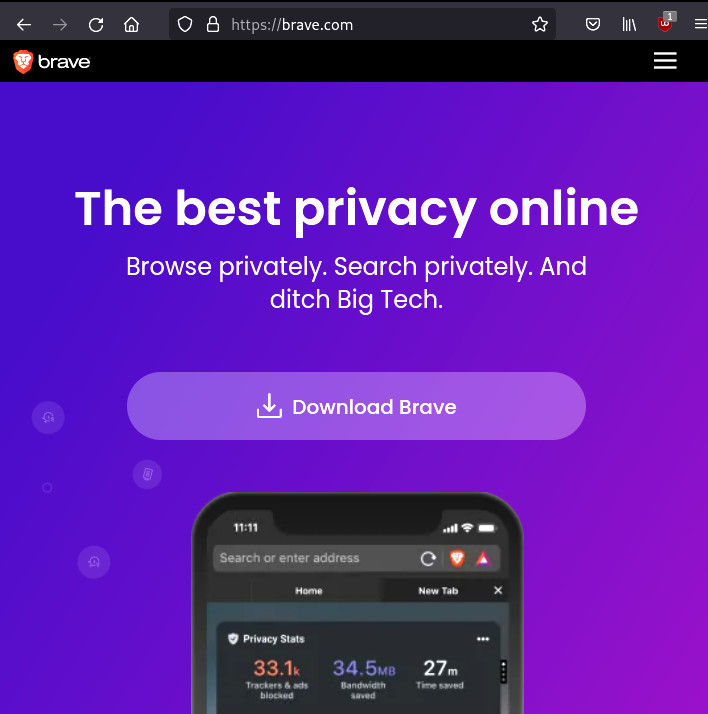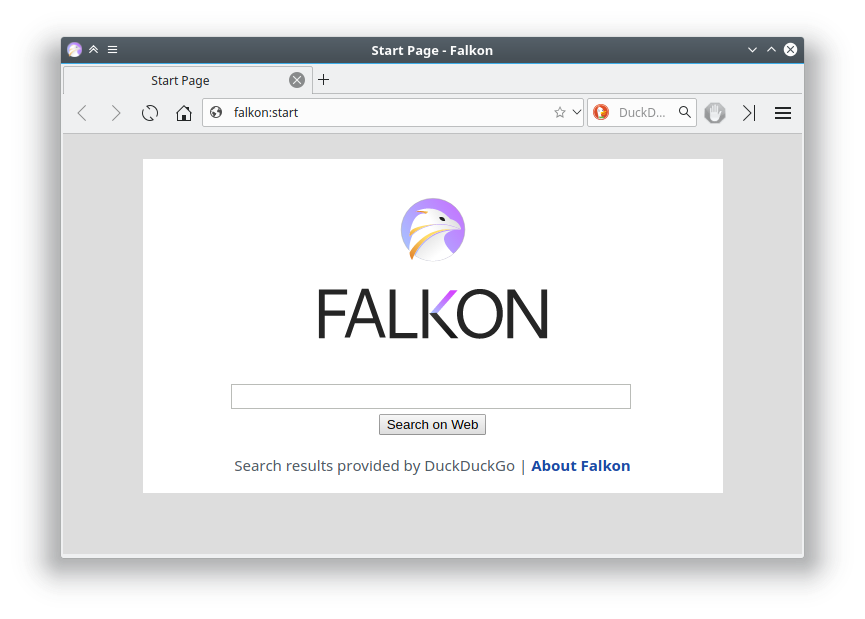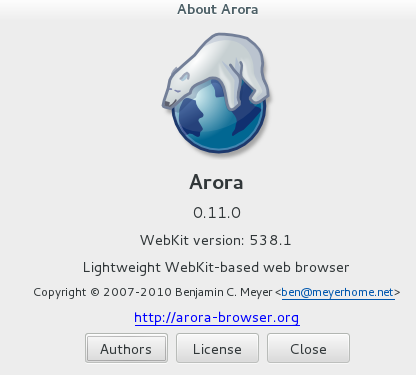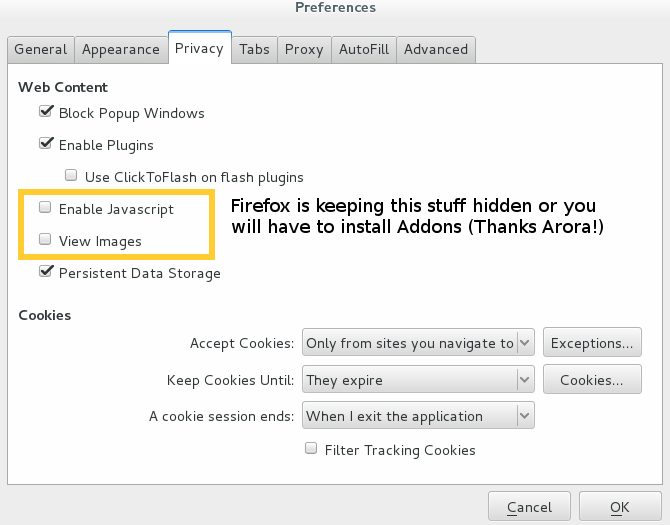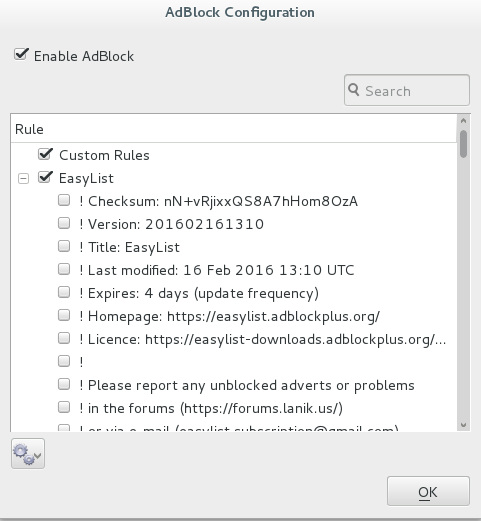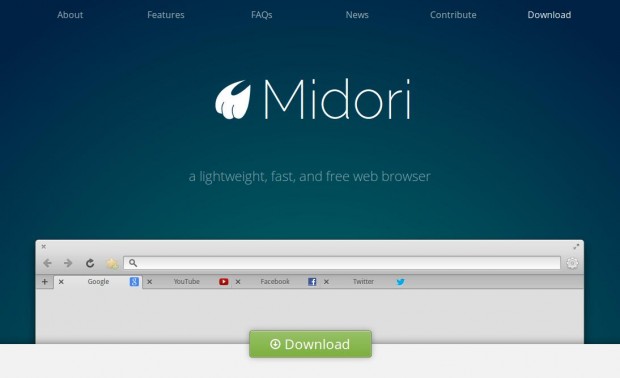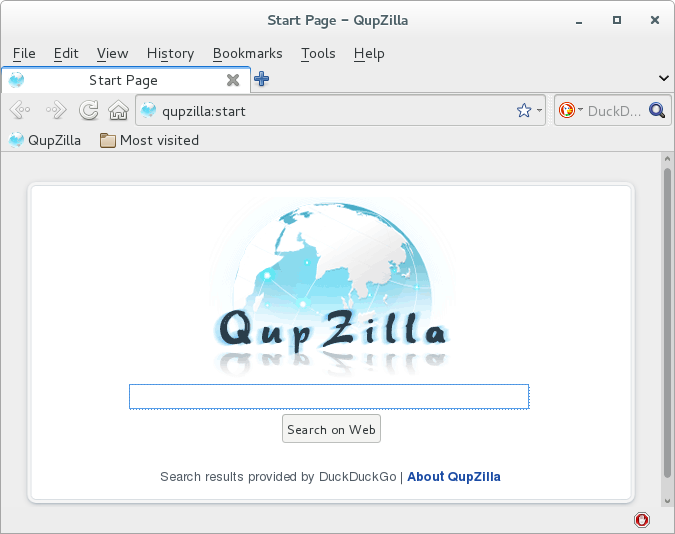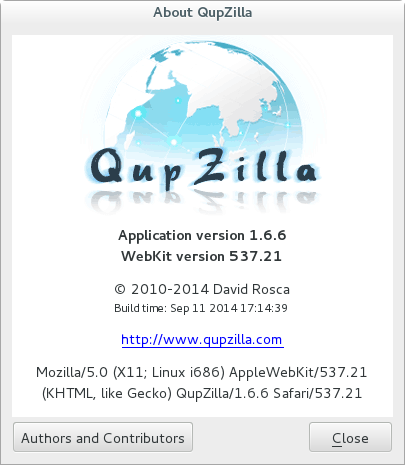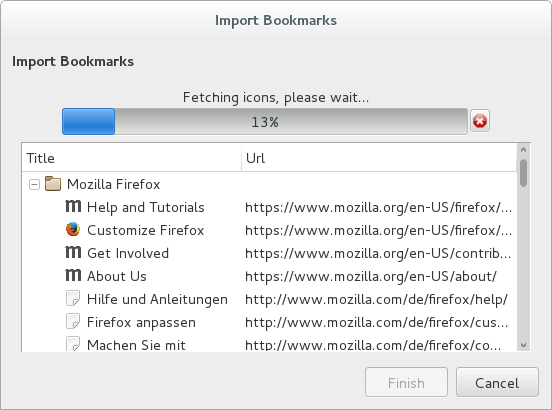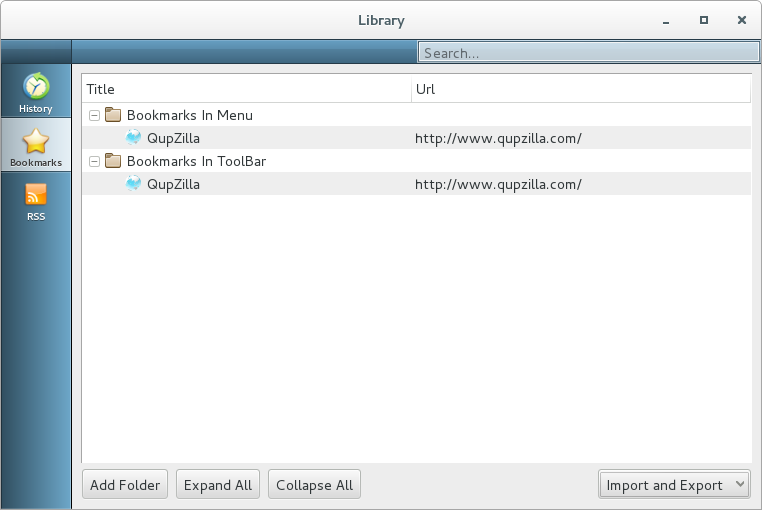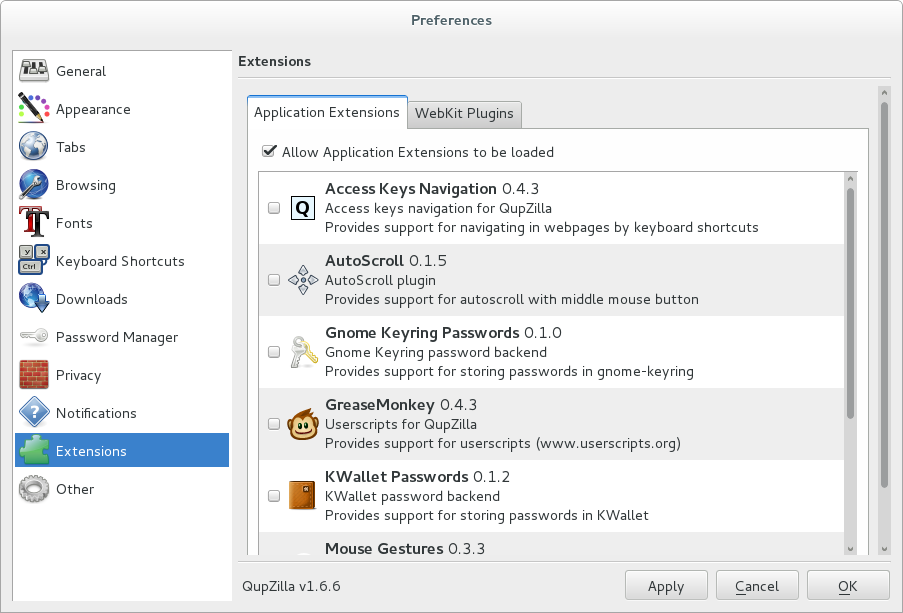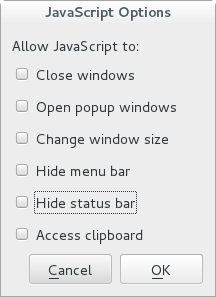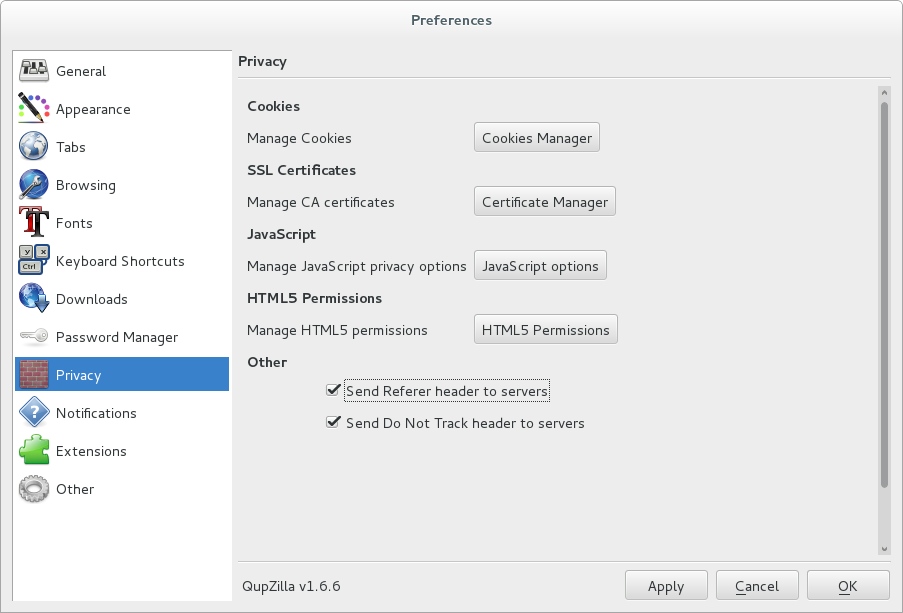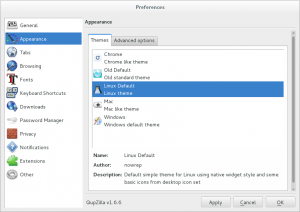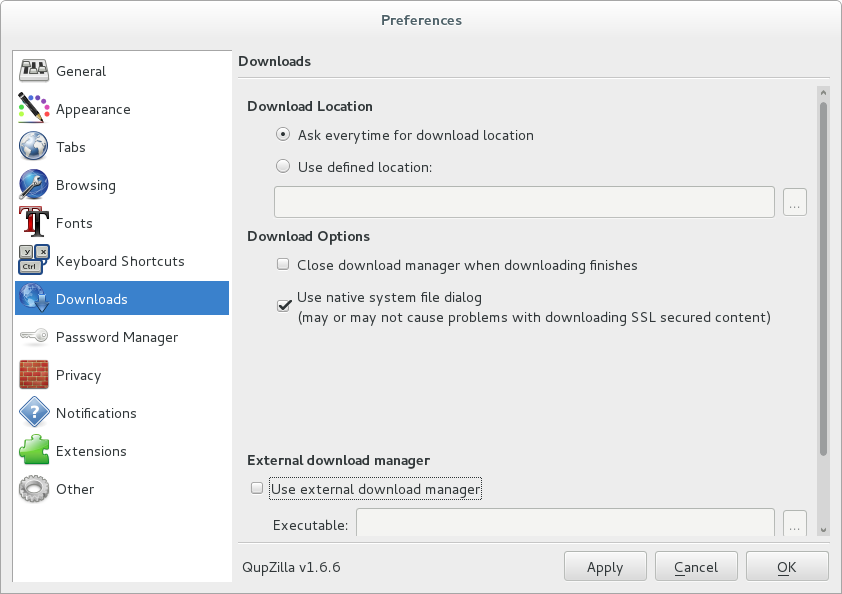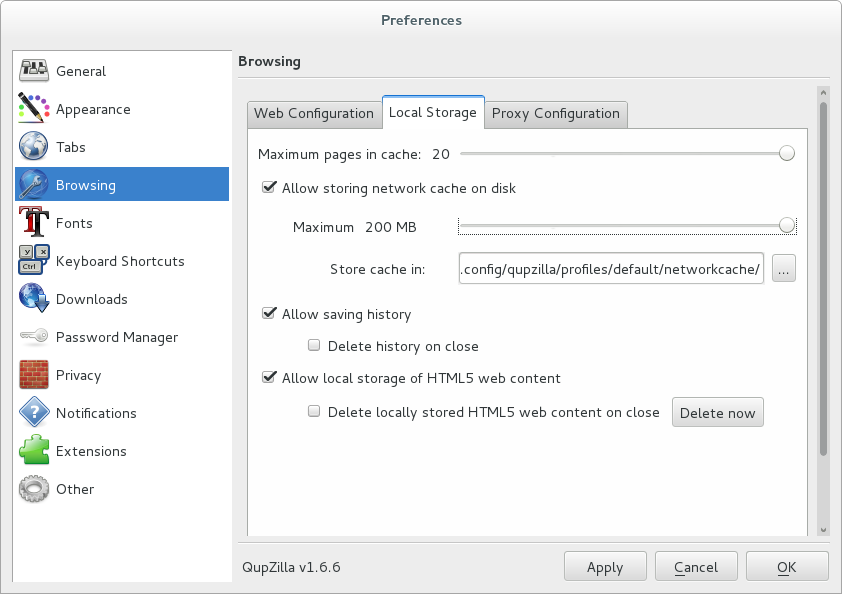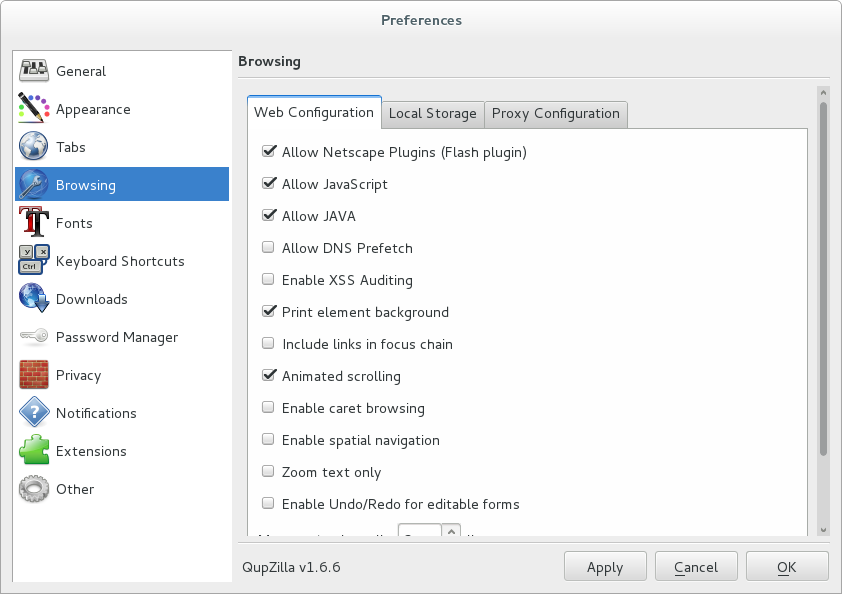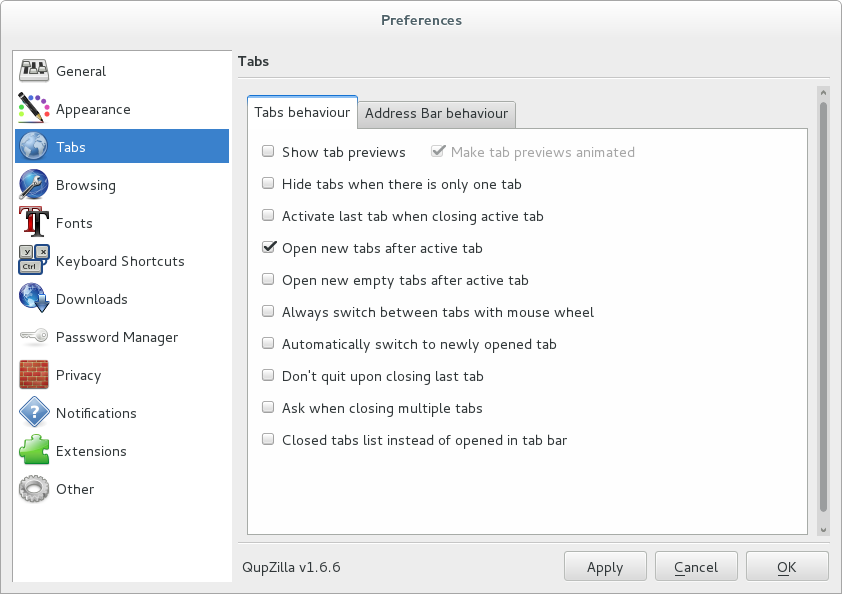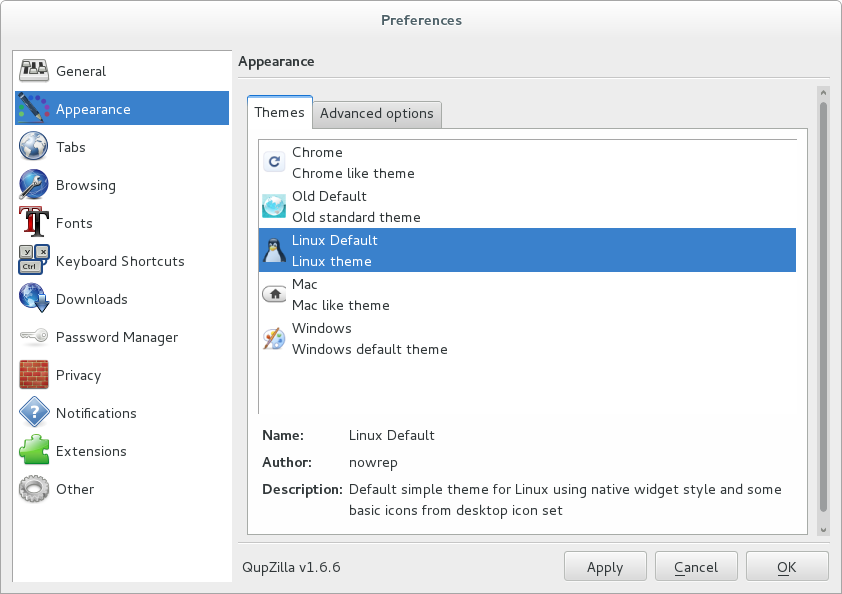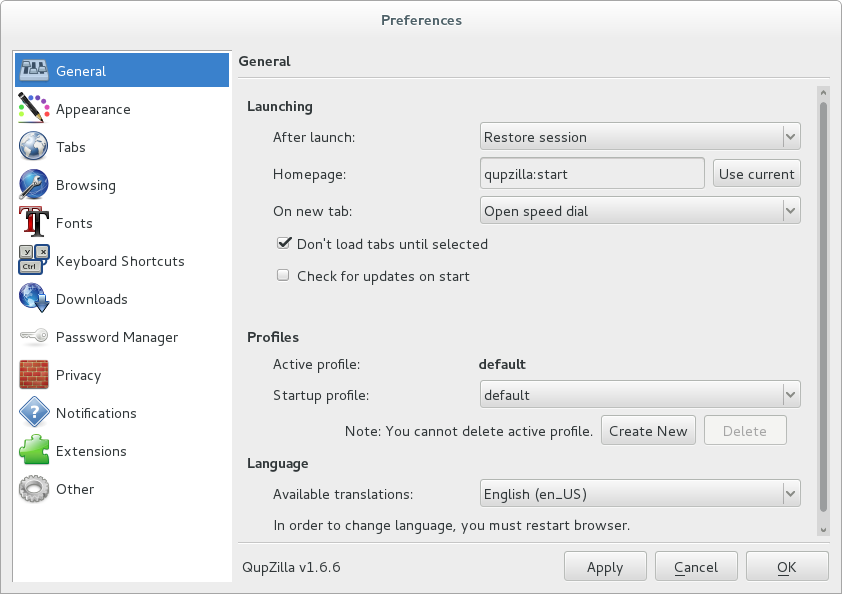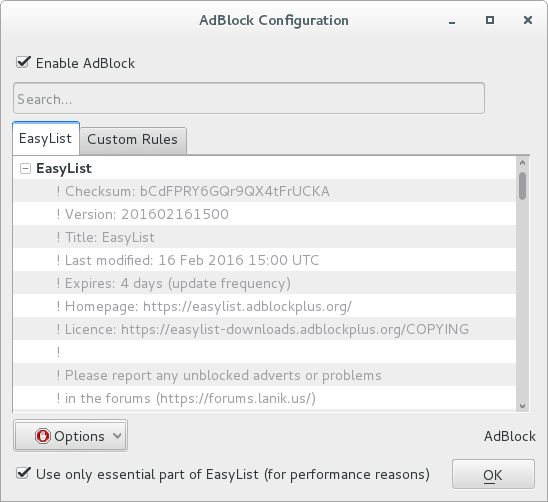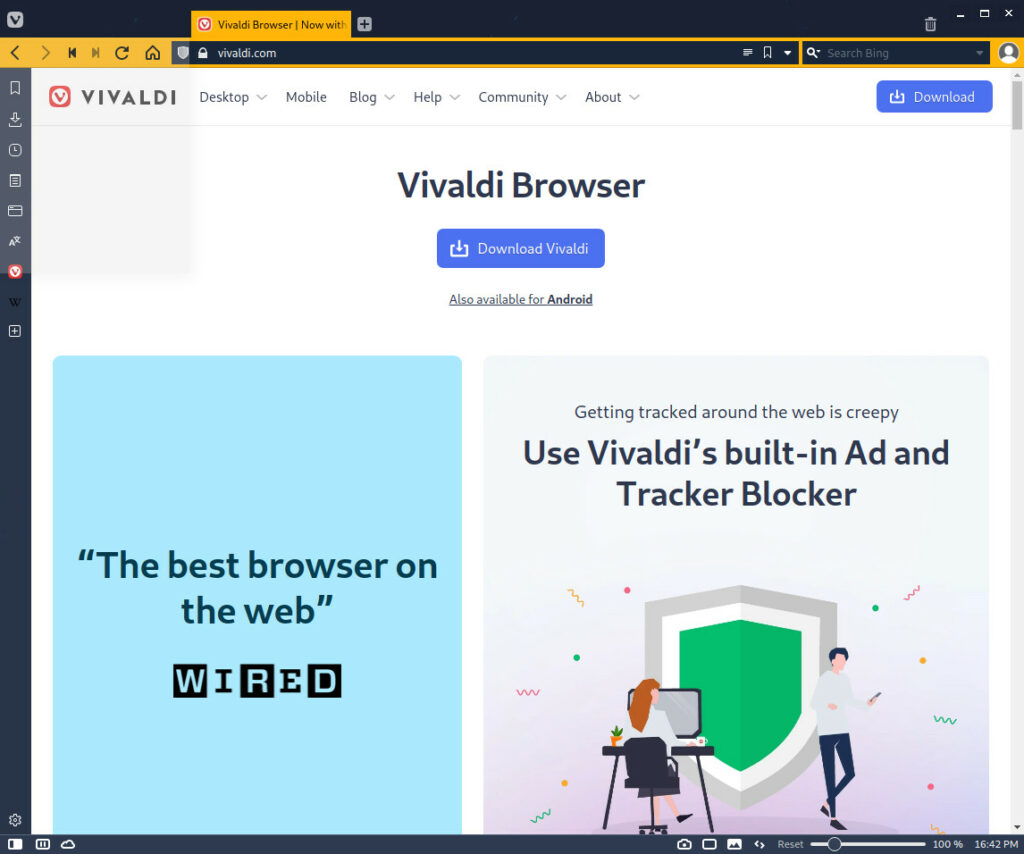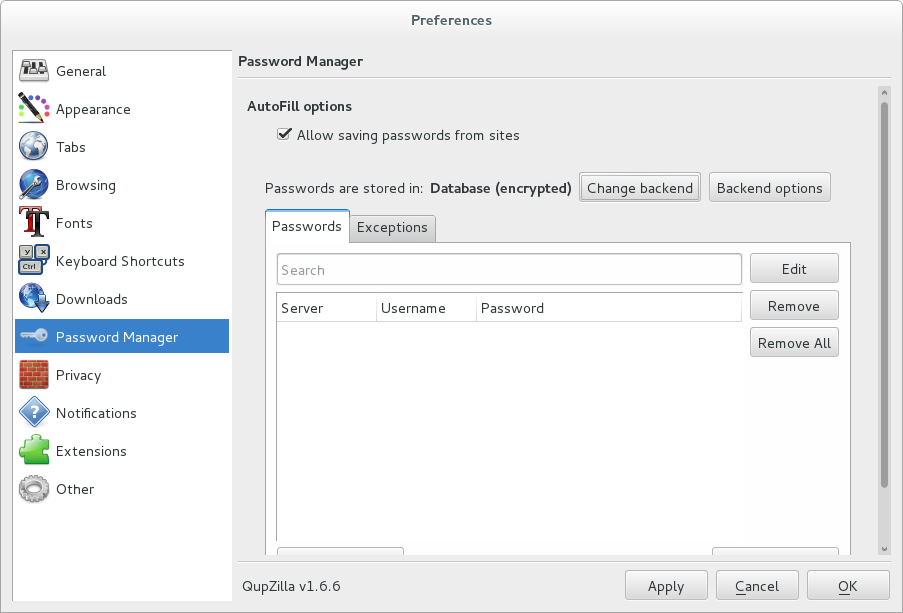4 Likes
#webrtc
Антидетект-браузеры: как работать с сервисами, которые ушли из России
Это даже лучше, чем VPN.
Материал подготовлен командой антидетект-браузера Dolphin{anty}.
За последние месяцы из России ушли многие сервисы, которыми мы привыкли пользоваться. Доступ к некоторым, вроде «Канвы» и фотостоков, легко восстанавливается с помощью VPN. Но есть и более серьезные ограничения. VPN не поможет снова пользоваться сервисом почтовых рассылок Mailchimp, искать заказы на фриланс-бирже Upwork без угрозы блокировки аккаунта или запускать рекламу в запрещенных соцсетях для зарубежных клиентов.
Антидетект-браузер делает возможным использование всех этих и других привычных сервисов. Далее расскажем, как работает такой инструмент, как выбрать подходящий антидетект-браузер и настроить его.
Что такое антидетект-браузер
Каждый сайт в интернете анализирует данные посетителей: что за пользователь, откуда он, чем интересуется и т.д. Поскольку буквальная слежка запрещена законом, сайты анализируют обезличенные параметры посетителей. Набор этих данных называют цифровым отпечатком, или фингерпринтом.
В фингерпринте содержатся данные:
- устройства, с которого используется браузер: тип процессора, объем оперативной памяти и жесткого диска, параметры экрана, медиа, порты и другое;
- браузера: WebRTC, Canvas, WebGL, Client Rects, информация о часовом поясе, языке и геолокации пользователя.
Антифрод-системы посещаемых сайтов анализируют характеристики фингерпринта и отличают одного пользователя от другого, даже если он не зарегистрирован на сайте. Именно поэтому, даже если вы используете VPN или прокси, некоторые сайты все равно определяют, кто вы, и блокируют доступ.
Антидетект браузер – это сервис, с которым можно в пару кликов создать бесконечное количество браузерных профилей – специальных аккаунтов внутри браузера. В каждом профиле можно настроить свой фингерпринт, который не будет повторяться с цифровыми отпечатками в соседних вкладках.
Для посещаемых сайтов каждый такой профиль будет выглядеть, как уникальный браузер, принадлежащий отдельному человеку: со своими параметрами, настройками устройства, IP-адресом и т.д.
Почему VPN и прокси недостаточно
1. Ограниченная возможность маскировки
Прокси и VPN изменяют только данные IP-адреса, а данные фингерпринта остаются теми же.
Например, если вы через VPN настраиваете рекламу сразу для нескольких заказчиков и один из аккаунтов получает бан, рекламные площадки свяжут эти аккаунты между собой по фингерпринту и по цепочке могут забанить все остальные рекламные кабинеты.
2. Бессилие против мощных антифрод-систем
Прокси и VPN не дают полную анонимность и подмену геолокации. Благодаря дополнительным параметрам антифрод-системы поймут, что на самом деле вы в Воронеже, а не в Нью-Йорке.
3. Блокировка VPN-сервисов
2 июня года началась очередная волна блокировок популярных VPN-сервисов. Многие пользователи уже столкнулись с проблемами при использовании VPN и нет гарантий, что это не продолжится дальше.
Вряд ли Роскомнадзор сможет заблокировать все сервисы: их слишком много и на месте заблокированных появятся новые. И все же активная борьба с VPN изрядно подпортит жизнь пользователей и скажется на кошельках.
В отличие от VPN, работу антидетект-браузеров и доступ к ним невозможно заблокировать: ведь это не способ подключения, а программа.
При этом для работы с антидетект браузером вам в любом случае нужны прокси для изменения IP-адреса. В отличие от VPN, прокси вызывает меньше подозрений у защитных систем сайтов: они никак не шифруют ваш трафик и тем самым делают вас максимально похожим на обычного пользователя.
Прокси для антидетект-браузера нужно будет покупать отдельно, для этого есть специализированные сайты. Существуют также бесплатные прокси, но их IP обычно известны и занесены в различные фильтры. Кроме того, бесплатные прокси могут сохранять данные о вашей интернет-активности и передавать их, к примеру, в рекламные сервисы.
Как антидетект-браузер поможет в работе
Поиск зарубежных заказчиков и настройка рекламы
С помощью антидетект-браузера вы можете зарегистрироваться, например, на Upwork и взять заказ на рекламу в соцсети с картинками. При условии минимального знания английского языка вы сможете продолжать работу с привычными вам сервисами и сайтами.
Разграничение рекламных аккаунтов
Если вы работаете с несколькими заказчиками с одного браузера и компьютера, рекламная площадка понимает, что всеми аккаунтами пользуетесь именно вы. Если одна из рекламных кампаний будет заблокирована, остальные могут также получить бан.
Чтобы снизить риск банов, достаточно создать отдельный браузерный профиль для каждого аккаунта внутри антидетект-браузера.
Защита данных в интернете
Благодаря антидетект-браузеру сайты не смогут получить информацию о вашем настоящем фингерпринте. Так вы повысите уровень защиты своих данных от интернет-мошенников и тех же сайтов.
Как выбрать антидетект-браузер
1. Изучите отзывы
Посмотрите обзоры и отзывы на не связанных с браузерами площадках – например, в телеграм-чатах арбитражников или пользователей криптовалют. В некоторых сообществах можно найти опросы, которые помогут определиться с выбором:
2. Изучите дополнительные функции
По большому счету, все антидетект-браузеры неплохо справляются с подменой параметров фингерпринта. Поэтому при выборе сервиса обратите внимание на удобство работы и дополнительные функции браузера.
Например, таргетологам бывает важно, чтобы в браузере можно было:
- автоматически переносить аккаунты из других браузеров;
- работать с командой, в которой можно указать разные уровни доступа к аккаунтам;
- в удобном виде смотреть статистику своих аккаунтов и сервисов и так далее.
3. Проверьте регулярность обновлений
Например, Google Chrome постоянно выпускает обновления версии браузера. Если в официальном Chrome будет 101 версия браузера, а в антидетект-браузере 92, антифрод-системы заподозрят что-то неладное. Связано это с тем, что в мире очень мало пользователей, которые еще используют старую версию браузера.
Проанализируйте сайты и телеграм-каналы выбранных антидетектов: если там мало активности и нет никакой информации про обновления, лучше выбрать другую программу.
4. Оцените наличие и скорость работы поддержки
Этот пункт особенно важен, если антидетект-браузер нужен для постоянной работы. Чтобы проверить качество, напишите пару тестовых вопросов в поддержку и посмотрите, насколько быстро и качественно вам ответят. Если у компании-разработчика есть сообщества в соцсетях и Telegram, обратите внимание:
- Как быстро компания отвечает на вопросы пользователей.
- Есть ли негативные отзывы. Как ни странно, наличие недовольств и ответы компании на них – это позитивный знак. Объективно говоря, нет ни одного идеального сервиса, при этом, если компания открыто работает с негативом и ищет способы решения проблем, вы можете ей доверять.
5. Протестируйте браузер
Когда вы отобрали какое-то количество антидетектов по первым четырем критериям, остался последний – тестирование.
У большинства антидетект-браузеров есть бесплатный триал, во время которого вы можете протестировать функционал и понять, насколько антидетект подходит под ваши задачи. Если вы планируете работать с аккаунтами соцсетей, в пробный период добавляйте в браузер самые простые аккаунты, которые не жаль потерять. Это поможет избежать блокировок аккаунта в случае, если какой-то браузер не справится со своими задачами.
У антидетект-браузера Dolphin есть бесплатный тариф, позволяющий создать 10 браузерных профилей, и 4 дня пробного периода на все остальные тарифы.
Как настроить антидетект-браузер
Разберемся на примере Dolphin{anty}.
Для начала зарегистрируйтесь на сайте антидетект-браузера. После этого скачайте программу для своей операционной системы и установите антидетект на компьютер:
Запустите антидетект на компьютере и нажмите на «Создать профиль» в правом верхнем углу:
Перед вами откроется окно для создания профиля:
Вам нужно:
1) Придумать и написать название профиля.
1) Выбрать операционную систему. Лучше выбирать свою реальную ОС, иначе браузер не может гарантировать полную эмуляцию данных.
1) Выбрать сайт, с которым вы планируете работать. Если подходящего сайта нет, выберите none. Этот функционал полезен для быстрого поиска аккаунтов, на качество фингерпринта тип аккаунта никак не влияет.
1) Добавить прокси. Для работы с браузером вам нужны платные прокси. Их лучше покупать в проверенных онлайн-магазинах(сторах). Иногда у самих антидетект-браузеров есть партнеры прокси-сервисы, которые дают скидки на прокси.
В антидетект-браузер внести данные можно в следующем виде:
После того как вы внесли данные, нажмите на «Проверку прокси». Если все хорошо, браузер покажет вам данные ваших прокси и IP.
Нажмите «Создать».
Теперь ваш профиль готов к работе. Для старта нажмите «Запуск».
Перед вами откроется окно браузера, по оформлению максимально похожее на привычный Google Chrome.
Только теперь ваши данные защищены от обнаружения и можно посещать нужные вам сайты.
Например, зайти в сервис Mailchimp и создать новый аккаунт.
Хотя если попробовать зайти в свой аккаунт или создать новый с обычного браузера, вы увидите сообщение об ошибке.
Выводы
1) Чтобы продолжить работу в сети в 2022 году с привычными сервисами, нужно использовать дополнительные инструменты. Например, антидетект-браузер вместе с прокси.
1) Просто VPN или прокси будет недостаточно: эти инструменты защищают ваш реальный IP-адрес, но никак не меняют данные цифрового отпечатка.
1) В процессе выбора антидетекта обратите внимание на его функциональность, частоту обновлений, наличие поддержки. Обязательно тестируйте браузер прежде чем добавлять в него боевые аккаунты.
#Браузер #VPN #WebRTC #Canvas #WebGL #Client_Rects #Блокировки #IP #Browser #Blocks #Lang-ru #Lang_ru
Источник
who/what to trust in 2022?
it’s hard…
“A February 2020 research report published by the School of Computer Science and Statistics at Trinity College Dublin tested six browsers and deemed Brave to be the most private of them, in terms of phoning home: “In the first (most private) group lies Brave, in the second Chrome, Firefox and Safari, and in the third (least private) group lie Edge and Yandex.”[108] (src)
“From a privacy perspective Microsoft Edge and Yandex are qualitatively different from the other browsers studied.”
“Both send persistent identifiers that can be used to link requests (and associated IP address/location) to backend servers.”
“Edge also sends the hardware UUID of the device to Microsoft and Yandex similarly transmits a hashed hardware identifier to back end servers.”
“As far as we can tell this behaviour cannot be disabled by users.”
“In addition to the search autocomplete functionality that shares details of web pages visited, both transmit web page information to servers that appear unrelated to search autocomplete.”
(src: arstechnica.com)
alternative Browsers for Mobile OS: Android
https://privacytests.org/android.html
https://privacytests.org/ios.html
https://github.com/bromite/bromite

- “Bromite aims at providing a no-clutter browsing experience without privacy-invasive features and with the addition of a fast ad-blocking engine. Minimal UI changes are applied to help curbing the idea of “browser as an advertisement platform”.
https://f-droid.org/en/packages/us.spotco.fennec_dos/

- Privacy oriented web browser
- This is a privacy oriented and deblobbed web browser based on Mozilla technology. It enables many features upstreamed by the Tor Uplift project using preferences from the arkenfox-user.js project. It is recommended to install ‘uBlock Origin’.
- src: https://gitlab.com/divested-mobile/mull-fenix
alternative Browsers for Desktop OS:
update 2022-04
https://librewolf.net/docs/faq/
just for completion:
(currently best Browser in terms of privacy according to https://privacytests.org <- check em out they got a ton of alternative browsers also mobile)
(based on Google’s https://www.chromium.org/)
how to install for various GNU Linux distributions: https://brave.com/linux/
update 2020-10
(untested)
“Vivaldi is a freeware, cross-platform web browser developed by Vivaldi Technologies, a company founded by Opera Software co-founder and former CEO Jon Stephenson von Tetzchner and Tatsuki Tomita” <- if that is a good thing… probably not.
Given the Kremlin’s naming convention “Wagner” (the Russian mercenary group killing around the globe like Ukraine but also Africa).
Antonio Vivaldi would be (almost obviously) just another classic music composer in their naming scheme (correct if wrong!?).
“The browser was officially launched on April 12, 2016.[8][9] The browser is aimed at staunch technologists, heavy Internet users, and previous Opera web browser users disgruntled by Opera’s transition from the Presto layout engine to the Blink layout engine, which removed many popular features.[8][10] Vivaldi aims to revive the old, popular features of Opera 12.[11] The browser has gained popularity since the launch of its first technical preview.[12][13] The browser has 1 million users as of January 2017.[14]”
the bigger problem with Opera might be this: the Russian Yandex SDK:
- “A development kit for applications offered for free by Yandex, the Russian tech giant, collects information, which is then stored on Russian servers.”
- “The proximity between the company and the Kremlin raises questions about the end use of this data.”
- “Your personal data probably ends up on Russian servers.”
- “On Tuesday, March 29, the British daily Financial Times revealed that tens of thousands of applications have been developed using software that retrieves users’ information.”
- “The computer tool is provided by Yandex, a Russian search engine, Google’s main competitor in this country.”
- “The recovered data is then stored in servers in Russia and Finland.”
- “In the clutches of the Kremlin AppMetrica’s “open access” makes it one of the most used tools on the market: 36% of applications on Google Play go through this SDK and 11% on the App Store according to Appfigures.”
- “Among the services offered are video games, messaging apps and virtual private networks (VPNs), designed to browse the web without being tracked.”
- “7x VPN apps are offered specifically for the Ukrainian public, according to financial times.”
- “In total, it would be applications installed hundreds of millions of times that would be affected.”
- auto translated from (src: numerama.com)
(… Google & Apple would NEVER do such things…. NEVER (right? X-D))
# -> what are those files doing INSIDE tor-browser bundle folder #wtf?
./tor-browser_en-US/Browser/.config/vivaldi
./tor-browser_en-US/Browser/.cache/vivaldi
./tor-browser_en-US/Browser/.local/share/.vivaldi_reporting_data
/home/user/.cache/vivaldi
/home/user/.config/vivaldi
/home/user/.local/share/.vivaldi_reporting_data
{"description":"This file contains data used for counting users.
If you are worried about privacy implications,
please see https://help.vivaldi.com/article/how-we-count-our-users/",
"installation_time":"XXXXXXXXXXXXXXXXXX","next_daily_ping":"XXXXXXXXXXXXXXXXX",
"next_monthly_ping":"XXXXXXXXXXXXXXXXXX","next_semestrial_ping":"XXXXXXXXXXXXXXXXX",
"next_trimestrial_ping":"XXXXXXXXXXXXXXXXX",
"next_weekly_ping":"XXXXXXXXXXXXXXXXX",
"next_yearly_ping":"XXXXXXXXXXXXXXXXX",
"pings_since_last_month":0,"unique_user_id":"XXXXXXXXXXXXXXXXX"}
Arora
it’s always a good idea to try out alternatives. 🙂 Welcome to Arora: (under Debian-Gnome3)
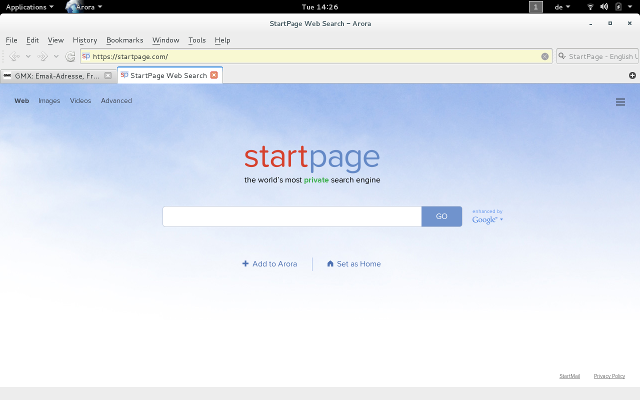
is a lightweight, cross-platform, free and open-source web browser
Arora is available for Linux, OS X, Windows, FreeBSD, OS/2, Haiku,[6] and any other operating system supported by the Qt toolkit. Arora’s name is a palindrome.
The browser’s features include tabbed browsing, bookmarks, browsing history, smart location bar, OpenSearch, session management, privacy mode, a download manager, WebInspector, and AdBlock.[7]
For several months, Meyer discontinued development of Arora due to uncertainty about the strictures of non-compete clauses by his employer; finally in July 2011, he announced that he would no longer contribute to the project.[8] Another software developer, Bastien Pederencino forked Arora’s source code, and published a variant called zBrowser – renamed Zeromus Browser in February 2013. In May 2013, Pederencino published another variant called BlueLightCat. In February 2014, some new patches were released on Arora’s github project page, with some Linux distributions incorporating the changes in their individual versions of Arora packages in their repositories.[9]
Source: https://en.wikipedia.org/wiki/Arora_(web_browser)
install
under Debian it’s easy as the usual:
<span style="color: #00ffff;">apt-get update</span>; # update apt package definitions
<span style="color: #00ffff;">apt-get install arora</span>; # install arora browser
Nice features:
- fast, sleak, efficient, webkit without Google influenced Firefox (they get millions for making Google the default search engine…)
- JavaScript and Images can be easily disabled
- AdBlock INCLUDED 🙂
- Nice Page-loading %percentage% view
- Excellent https://startpage.com/ / https://ixquick.com/ integration 🙂
- You can use all the Firefox-Hotkeys like Alt+D to select the Adress-Bar
I really love that loading %percentage display, that also shows you how big and bulky a website is: (maybe disable grafics or js) 
Nicely: Easy to disable image loading (speed up things) and javascript (security problem)
It has Adblock INCLUDED! 🙂 No extension needed! GOOD JOB!
Midori
Midori is a cross-platform GTK browser based on Webkit. It tracks the latest Webkit very closely, so you always have a fresh version. Midori is very lightweight and fast, but still has a lot of features. Midori is amazingly quick and can be useful for sites like Facebook which tend to slow down Firefox. Users concerned about privacy will be interested to know that Midori features Duck Duck Go as the default search engine, offers built-in ad blocking and good cookie control. An old version (0.4.3) is currently included with Ubuntu 13.10, so it is recommended that you install from the Midori PPA.
SETUP:
tested on debian:
<span style="color: #00ffff;">apt-get update; apt-get install midori</span>; # let's test this ;)
QupZilla
QupZilla is a fast Qt and Webkit based browser that is available for multiple operating systems. It features a reasonably simple interface that will seem familiar to new users. The browser is packed with options, but really offers nothing new or unique when compared to Firefox or Chromium. The QupZilla team has put together a really solid browser, but without offering something unique, I find myself asking “what’s the point?” [Install Now](apt://qupzilla)
IceCat
GNU IceCat, formerly known as GNU IceWeasel,[3] is a free software rebranding of the Mozilla Firefox web browser distributed by the GNU Project. It is compatible with Linux, Windows, Android and macOS.[4]
IceCat is released as a part of GNUzilla, GNU’s rebranding of a code base that used to be the Mozilla Application Suite. As an internet suite, GNUzilla also includes a mail & newsgroup program and an HTML composer.
Mozilla produces free and open-source software, but the binaries include trademarked artwork. The GNU Project attempts to keep IceCat in synchronization with upstream development of Firefox (long-term support versions) while removing all trademarked artwork and non-free add-ons. It also maintains a large list of free software plugins. In addition, it features a few security features not found in the mainline Firefox browser.
https://en.wikipedia.org/wiki/GNU_IceCat
QupZilla 1.6.6 on Debian-Gnome3
install
debian linux
<span style="color: #00ffff;">apt-get update</span>; # you know what this does
<span style="color: #00ffff;">apt-get install qupzilla</span>; # install qupzilla
Screenshots
Import Bookmarks.html
it’s nice that Arora and QupZilla (the naming is terrible 2 remember :-D) allow importing Firefox/Iceweasel exported bookmarks.html.
QupZilla even gets all the website Icons for you….
Web (Epiphany)
Web (formerly Epiphany) is the official web browser of the GNOME desktop. It is a very easy to use Webkit based browser with a simplistic user interface. In fact, Web is like the granddaddy of simple web browsers, delivering a simple user interface years before Chrome came on the scene. The browser is very speedy and polished, offering more features with each release. Web makes a great simple alternative to Firefox and Chrome. [Install Now](apt://epiphany-browser)
Bash / Command Line Browsers 🙂
Elinks
Elinks is a text based browser similar to the classic Lynx browser. It launches inside a Terminal window and presents you with only the text of websites, no images, javascript, or Flash. This can be rather useful for website developers to test their sites, or for reading information on sites that are full of annoying javascript and Flash ads.
that’s what http://google.de looks like in elinks:
<a href="https://dwaves.de/wp-content/uploads/2015/07/google.de-in-elinks.png"><img alt="google.de in elinks" class="alignnone size-full wp-image-5752" height="424" src="https://dwaves.de/wp-content/uploads/2015/07/google.de-in-elinks.png" width="910"></img></a>
Source: https://www.starryhope.com/10-alternative-browsers-for-ubuntu-linux/
Links:
http://www.linuxuser.co.uk/reviews/arora-web-browser-review
Other alternative fast / lightweight browsers: https://en.wikipedia.org/wiki/Comparison_of_lightweight_web_browsers
https://sourceforge.net/projects/zbrowser-linux/
https://sourceforge.net/projects/bluelightcat/
how to get (a bit) more privacy:
#linux #gnu #gnulinux #opensource #administration #sysops #alternatives #browser #www #internet #web #firefox #Linux #Internet #Browser #Alternatives #html #css #js #browse #theweb #javascript #html5 #webrtc #vivaldi #android #mobile
Originally posted at: https://dwaves.de/2015/07/17/gnu-linux-alternative-privacy-enhanced-browsers-for-desktop-and-mobile-warning-sdks-with-surveillance-build-in-check-vpn-app/
3 Likes
3 Shares
who/what to trust in 2022?
it’s hard…
“A February 2020 research report published by the School of Computer Science and Statistics at Trinity College Dublin tested six browsers and deemed Brave to be the most private of them, in terms of phoning home: “In the first (most private) group lies Brave, in the second Chrome, Firefox and Safari, and in the third (least private) group lie Edge and Yandex.”[108] (src)
“From a privacy perspective Microsoft Edge and Yandex are qualitatively different from the other browsers studied.”
“Both send persistent identifiers that can be used to link requests (and associated IP address/location) to backend servers.”
“Edge also sends the hardware UUID of the device to Microsoft and Yandex similarly transmits a hashed hardware identifier to back end servers.”
“As far as we can tell this behaviour cannot be disabled by users.”
“In addition to the search autocomplete functionality that shares details of web pages visited, both transmit web page information to servers that appear unrelated to search autocomplete.”
(src: arstechnica.com)
alternative Browsers for Mobile OS: Android
https://privacytests.org/android.html
https://privacytests.org/ios.html
https://github.com/bromite/bromite

- “Bromite aims at providing a no-clutter browsing experience without privacy-invasive features and with the addition of a fast ad-blocking engine. Minimal UI changes are applied to help curbing the idea of “browser as an advertisement platform”.
https://f-droid.org/en/packages/us.spotco.fennec_dos/

- Privacy oriented web browser
- This is a privacy oriented and deblobbed web browser based on Mozilla technology. It enables many features upstreamed by the Tor Uplift project using preferences from the arkenfox-user.js project. It is recommended to install ‘uBlock Origin’.
- src: https://gitlab.com/divested-mobile/mull-fenix
alternative Browsers for Desktop OS:
update 2022-04
https://librewolf.net/docs/faq/
just for completion:
(currently best Browser in terms of privacy according to https://privacytests.org <- check em out they got a ton of alternative browsers also mobile)
(based on Google’s https://www.chromium.org/)
how to install for various GNU Linux distributions: https://brave.com/linux/
update 2020-10
(untested)
“Vivaldi is a freeware, cross-platform web browser developed by Vivaldi Technologies, a company founded by Opera Software co-founder and former CEO Jon Stephenson von Tetzchner and Tatsuki Tomita” <- if that is a good thing… probably not.
“The browser was officially launched on April 12, 2016.[8][9] The browser is aimed at staunch technologists, heavy Internet users, and previous Opera web browser users disgruntled by Opera’s transition from the Presto layout engine to the Blink layout engine, which removed many popular features.[8][10] Vivaldi aims to revive the old, popular features of Opera 12.[11] The browser has gained popularity since the launch of its first technical preview.[12][13] The browser has 1 million users as of January 2017.[14]”
the bigger problem with Opera might be this: the Russian Yandex SDK:
- “A development kit for applications offered for free by Yandex, the Russian tech giant, collects information, which is then stored on Russian servers.”
- “The proximity between the company and the Kremlin raises questions about the end use of this data.”
- “Your personal data probably ends up on Russian servers.”
- “On Tuesday, March 29, the British daily Financial Times revealed that tens of thousands of applications have been developed using software that retrieves users’ information.”
- “The computer tool is provided by Yandex, a Russian search engine, Google’s main competitor in this country.”
- “The recovered data is then stored in servers in Russia and Finland.”
- auto translated from (src: numerama.com)
Arora
it’s always a good idea to try out alternatives. 🙂 Welcome to Arora: (under Debian-Gnome3)

is a lightweight, cross-platform, free and open-source web browser
Arora is available for Linux, OS X, Windows, FreeBSD, OS/2, Haiku,[6] and any other operating system supported by the Qt toolkit. Arora’s name is a palindrome.
The browser’s features include tabbed browsing, bookmarks, browsing history, smart location bar, OpenSearch, session management, privacy mode, a download manager, WebInspector, and AdBlock.[7]
For several months, Meyer discontinued development of Arora due to uncertainty about the strictures of non-compete clauses by his employer; finally in July 2011, he announced that he would no longer contribute to the project.[8] Another software developer, Bastien Pederencino forked Arora’s source code, and published a variant called zBrowser – renamed Zeromus Browser in February 2013. In May 2013, Pederencino published another variant called BlueLightCat. In February 2014, some new patches were released on Arora’s github project page, with some Linux distributions incorporating the changes in their individual versions of Arora packages in their repositories.[9]
Source: https://en.wikipedia.org/wiki/Arora_(web_browser)
install
under Debian it’s easy as the usual:
<span style="color: #00ffff;">apt-get update</span>; # update apt package definitions
<span style="color: #00ffff;">apt-get install arora</span>; # install arora browser
Nice features:
- fast, sleak, efficient, webkit without Google influenced Firefox (they get millions for making Google the default search engine…)
- JavaScript and Images can be easily disabled
- AdBlock INCLUDED 🙂
- Nice Page-loading %percentage% view
- Excellent https://startpage.com/ / https://ixquick.com/ integration 🙂
- You can use all the Firefox-Hotkeys like Alt+D to select the Adress-Bar
I really love that loading %percentage display, that also shows you how big and bulky a website is: (maybe disable grafics or js) 
Nicely: Easy to disable image loading (speed up things) and javascript (security problem)
It has Adblock INCLUDED! 🙂 No extension needed! GOOD JOB!
Midori
Midori is a cross-platform GTK browser based on Webkit. It tracks the latest Webkit very closely, so you always have a fresh version. Midori is very lightweight and fast, but still has a lot of features. Midori is amazingly quick and can be useful for sites like Facebook which tend to slow down Firefox. Users concerned about privacy will be interested to know that Midori features Duck Duck Go as the default search engine, offers built-in ad blocking and good cookie control. An old version (0.4.3) is currently included with Ubuntu 13.10, so it is recommended that you install from the Midori PPA.
SETUP:
tested on debian:
<span style="color: #00ffff;">apt-get update; apt-get install midori</span>; # let's test this ;)
QupZilla
QupZilla is a fast Qt and Webkit based browser that is available for multiple operating systems. It features a reasonably simple interface that will seem familiar to new users. The browser is packed with options, but really offers nothing new or unique when compared to Firefox or Chromium. The QupZilla team has put together a really solid browser, but without offering something unique, I find myself asking “what’s the point?” [Install Now](apt://qupzilla)
IceCat
GNU IceCat, formerly known as GNU IceWeasel,[3] is a free software rebranding of the Mozilla Firefox web browser distributed by the GNU Project. It is compatible with Linux, Windows, Android and macOS.[4]
IceCat is released as a part of GNUzilla, GNU’s rebranding of a code base that used to be the Mozilla Application Suite. As an internet suite, GNUzilla also includes a mail & newsgroup program and an HTML composer.
Mozilla produces free and open-source software, but the binaries include trademarked artwork. The GNU Project attempts to keep IceCat in synchronization with upstream development of Firefox (long-term support versions) while removing all trademarked artwork and non-free add-ons. It also maintains a large list of free software plugins. In addition, it features a few security features not found in the mainline Firefox browser.
https://en.wikipedia.org/wiki/GNU_IceCat
QupZilla 1.6.6 on Debian-Gnome3
install
debian linux
<span style="color: #00ffff;">apt-get update</span>; # you know what this does
<span style="color: #00ffff;">apt-get install qupzilla</span>; # install qupzilla
Screenshots
Import Bookmarks.html
it’s nice that Arora and QupZilla (the naming is terrible 2 remember :-D) allow importing Firefox/Iceweasel exported bookmarks.html.
QupZilla even gets all the website Icons for you….
Web (Epiphany)
Web (formerly Epiphany) is the official web browser of the GNOME desktop. It is a very easy to use Webkit based browser with a simplistic user interface. In fact, Web is like the granddaddy of simple web browsers, delivering a simple user interface years before Chrome came on the scene. The browser is very speedy and polished, offering more features with each release. Web makes a great simple alternative to Firefox and Chrome. [Install Now](apt://epiphany-browser)
Bash / Command Line Browsers 🙂
Elinks
Elinks is a text based browser similar to the classic Lynx browser. It launches inside a Terminal window and presents you with only the text of websites, no images, javascript, or Flash. This can be rather useful for website developers to test their sites, or for reading information on sites that are full of annoying javascript and Flash ads.
that’s what http://google.de looks like in elinks:
<a href="https://dwaves.de/wp-content/uploads/2015/07/google.de-in-elinks.png"><img alt="google.de in elinks" class="alignnone size-full wp-image-5752" height="424" src="https://dwaves.de/wp-content/uploads/2015/07/google.de-in-elinks.png" width="910"></img></a>
Source: https://www.starryhope.com/10-alternative-browsers-for-ubuntu-linux/
Links:
http://www.linuxuser.co.uk/reviews/arora-web-browser-review
Other alternative fast / lightweight browsers: https://en.wikipedia.org/wiki/Comparison_of_lightweight_web_browsers
https://sourceforge.net/projects/zbrowser-linux/
https://sourceforge.net/projects/bluelightcat/
how to get (a bit) more privacy:
#linux #gnu #gnulinux #opensource #administration #sysops #alternatives #browser #www #internet #web #firefox #Linux #Internet #Browser #Alternatives #html #css #js #browse #theweb #javascript #html5 #webrtc #vivaldi #android #mobile
Originally posted at: https://dwaves.de/2015/07/17/gnu-linux-alternative-privacy-enhanced-browsers-for-desktop-and-mobile-warning-sdks-with-surveillance-build-in/
4 Likes
1 Comments
GNU Linux -> Alternative Browsers :) (for Desktop and Mobile)
alternative Browsers for Mobile OS: Android
https://privacytests.org/android.html
https://privacytests.org/ios.html
https://github.com/bromite/bromite

- “Bromite aims at providing a no-clutter browsing experience without privacy-invasive features and with the addition of a fast ad-blocking engine. Minimal UI changes are applied to help curbing the idea of “browser as an advertisement platform”.
https://f-droid.org/en/packages/us.spotco.fennec_dos/

- Privacy oriented web browser
- This is a privacy oriented and deblobbed web browser based on Mozilla technology. It enables many features upstreamed by the Tor Uplift project using preferences from the arkenfox-user.js project. It is recommended to install ‘uBlock Origin’.
- src: https://gitlab.com/divested-mobile/mull-fenix
alternative Browsers for Desktop OS:
update 2022-04
https://librewolf.net/docs/faq/
just for completion:
(currently best Browser in terms of privacy according to https://privacytests.org <- check em out they got a ton of alternative browsers also mobile)
(based on Google’s https://www.chromium.org/)
how to install for various GNU Linux distributions: https://brave.com/linux/
Vivaldi Web Browser Made in Norway (!) by Vivaldi Technologies
(based on Google’s https://www.chromium.org/)
(It is Open Source (get the source here)! but not under GPL, but this licence)
https://vivaldi.com/blog/technology/why-isnt-vivaldi-browser-open-source/
update 2020-10
(untested)
update: 2018:
https://en.wikipedia.org/wiki/Vivaldi_(web_browser)
Vivaldi is a freeware, cross-platform web browser developed by Vivaldi Technologies, a company founded by Opera Software co-founder and former CEO Jon Stephenson von Tetzchner and Tatsuki Tomita. The browser was officially launched on April 12, 2016.[8][9] The browser is aimed at staunch technologists, heavy Internet users, and previous Opera web browser users disgruntled by Opera’s transition from the Presto layout engine to the Blink layout engine, which removed many popular features.[8][10] Vivaldi aims to revive the old, popular features of Opera 12.[11] The browser has gained popularity since the launch of its first technical preview.[12][13] The browser has 1 million users as of January 2017.[14]
Arora
it’s always a good idea to try out alternatives. 🙂 Welcome to Arora: (under Debian-Gnome3)

is a lightweight, cross-platform, free and open-source web browser
Arora is available for Linux, OS X, Windows, FreeBSD, OS/2, Haiku,[6] and any other operating system supported by the Qt toolkit. Arora’s name is a palindrome.
The browser’s features include tabbed browsing, bookmarks, browsing history, smart location bar, OpenSearch, session management, privacy mode, a download manager, WebInspector, and AdBlock.[7]
For several months, Meyer discontinued development of Arora due to uncertainty about the strictures of non-compete clauses by his employer; finally in July 2011, he announced that he would no longer contribute to the project.[8] Another software developer, Bastien Pederencino forked Arora’s source code, and published a variant called zBrowser – renamed Zeromus Browser in February 2013. In May 2013, Pederencino published another variant called BlueLightCat. In February 2014, some new patches were released on Arora’s github project page, with some Linux distributions incorporating the changes in their individual versions of Arora packages in their repositories.[9]
Source: https://en.wikipedia.org/wiki/Arora_(web_browser)
install
under Debian it’s easy as the usual:
<span style="color: #00ffff;">apt-get update</span>; # update apt package definitions
<span style="color: #00ffff;">apt-get install arora</span>; # install arora browser
Nice features:
- fast, sleak, efficient, webkit without Google influenced Firefox (they get millions for making Google the default search engine…)
- JavaScript and Images can be easily disabled
- AdBlock INCLUDED 🙂
- Nice Page-loading %percentage% view
- Excellent https://startpage.com/ / https://ixquick.com/ integration 🙂
- You can use all the Firefox-Hotkeys like Alt+D to select the Adress-Bar
I really love that loading %percentage display, that also shows you how big and bulky a website is: (maybe disable grafics or js) 
Nicely: Easy to disable image loading (speed up things) and javascript (security problem)
It has Adblock INCLUDED! 🙂 No extension needed! GOOD JOB!
What features i would love to see:
- easy Tor enable/disable buttone 😀 (if that is not making it very bulky)
Links:
http://www.linuxuser.co.uk/reviews/arora-web-browser-review
Other alternative fast / lightweight browsers: https://en.wikipedia.org/wiki/Comparison_of_lightweight_web_browsers
https://sourceforge.net/projects/zbrowser-linux/
https://sourceforge.net/projects/bluelightcat/
Midori
Midori is a cross-platform GTK browser based on Webkit. It tracks the latest Webkit very closely, so you always have a fresh version. Midori is very lightweight and fast, but still has a lot of features. Midori is amazingly quick and can be useful for sites like Facebook which tend to slow down Firefox. Users concerned about privacy will be interested to know that Midori features Duck Duck Go as the default search engine, offers built-in ad blocking and good cookie control. An old version (0.4.3) is currently included with Ubuntu 13.10, so it is recommended that you install from the Midori PPA.
SETUP:
tested on debian:
<span style="color: #00ffff;">apt-get update; apt-get install midori</span>; # let's test this ;)
QupZilla
QupZilla is a fast Qt and Webkit based browser that is available for multiple operating systems. It features a reasonably simple interface that will seem familiar to new users. The browser is packed with options, but really offers nothing new or unique when compared to Firefox or Chromium. The QupZilla team has put together a really solid browser, but without offering something unique, I find myself asking “what’s the point?” [Install Now](apt://qupzilla)
IceCat
GNU IceCat, formerly known as GNU IceWeasel,[3] is a free software rebranding of the Mozilla Firefox web browser distributed by the GNU Project. It is compatible with Linux, Windows, Android and macOS.[4]
IceCat is released as a part of GNUzilla, GNU’s rebranding of a code base that used to be the Mozilla Application Suite. As an internet suite, GNUzilla also includes a mail & newsgroup program and an HTML composer.
Mozilla produces free and open-source software, but the binaries include trademarked artwork. The GNU Project attempts to keep IceCat in synchronization with upstream development of Firefox (long-term support versions) while removing all trademarked artwork and non-free add-ons. It also maintains a large list of free software plugins. In addition, it features a few security features not found in the mainline Firefox browser.
https://en.wikipedia.org/wiki/GNU_IceCat
QupZilla 1.6.6 on Debian-Gnome3
install
debian linux
apt-get update; # you know what this does
apt-get install qupzilla; # install qupzilla
Screenshots
Import Bookmarks.html
it’s nice that Arora and QupZilla (the naming is terrible 2 remember :-D) allow importing Firefox/Iceweasel exported bookmarks.html.
QupZilla even gets all the website Icons for you….
Web (Epiphany)
Web (formerly Epiphany) is the official web browser of the GNOME desktop. It is a very easy to use Webkit based browser with a simplistic user interface. In fact, Web is like the granddaddy of simple web browsers, delivering a simple user interface years before Chrome came on the scene. The browser is very speedy and polished, offering more features with each release. Web makes a great simple alternative to Firefox and Chrome. [Install Now](apt://epiphany-browser)
Bash / Command Line Browsers 🙂
Elinks
Elinks is a text based browser similar to the classic Lynx browser. It launches inside a Terminal window and presents you with only the text of websites, no images, javascript, or Flash. This can be rather useful for website developers to test their sites, or for reading information on sites that are full of annoying javascript and Flash ads.
that’s what http://google.de looks like in elinks:
<a href="https://dwaves.de/wp-content/uploads/2015/07/google.de-in-elinks.png"><img alt="google.de in elinks" class="alignnone size-full wp-image-5752" height="424" src="https://dwaves.de/wp-content/uploads/2015/07/google.de-in-elinks.png" width="910"></img></a>
Source: https://www.starryhope.com/10-alternative-browsers-for-ubuntu-linux/
#linux #gnu #gnulinux #opensource #administration #sysops #alternatives #browser #www #internet #web #firefox #Linux #Internet #Browser #Alternatives #html #css #js #browse #theweb #javascript #html5 #webrtc #vivaldi #android #mobile
Originally posted at: https://dwaves.de/2015/07/17/gnu-linux-alternative-browsers-for-desktop-and-mobile/
17 Likes
2 Shares
#WebRTC: journey to make wayland screen sharing enabled by default • Tux Machines ⇨ http://www.tuxmachines.org/node/161547 #GNU #Linux #TuxMachines
Brendan Eich gives a leg up to #Jitsi #WebRTC etc. https://www.itsfoss.net/brave-browser-offers-video-conferencing/ better than today's train wreck, #mozilla


